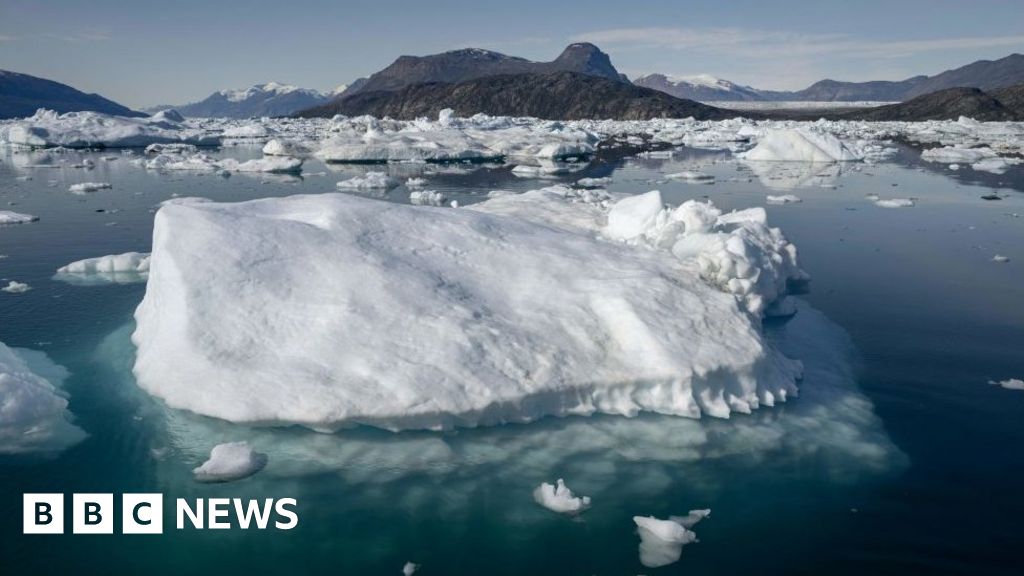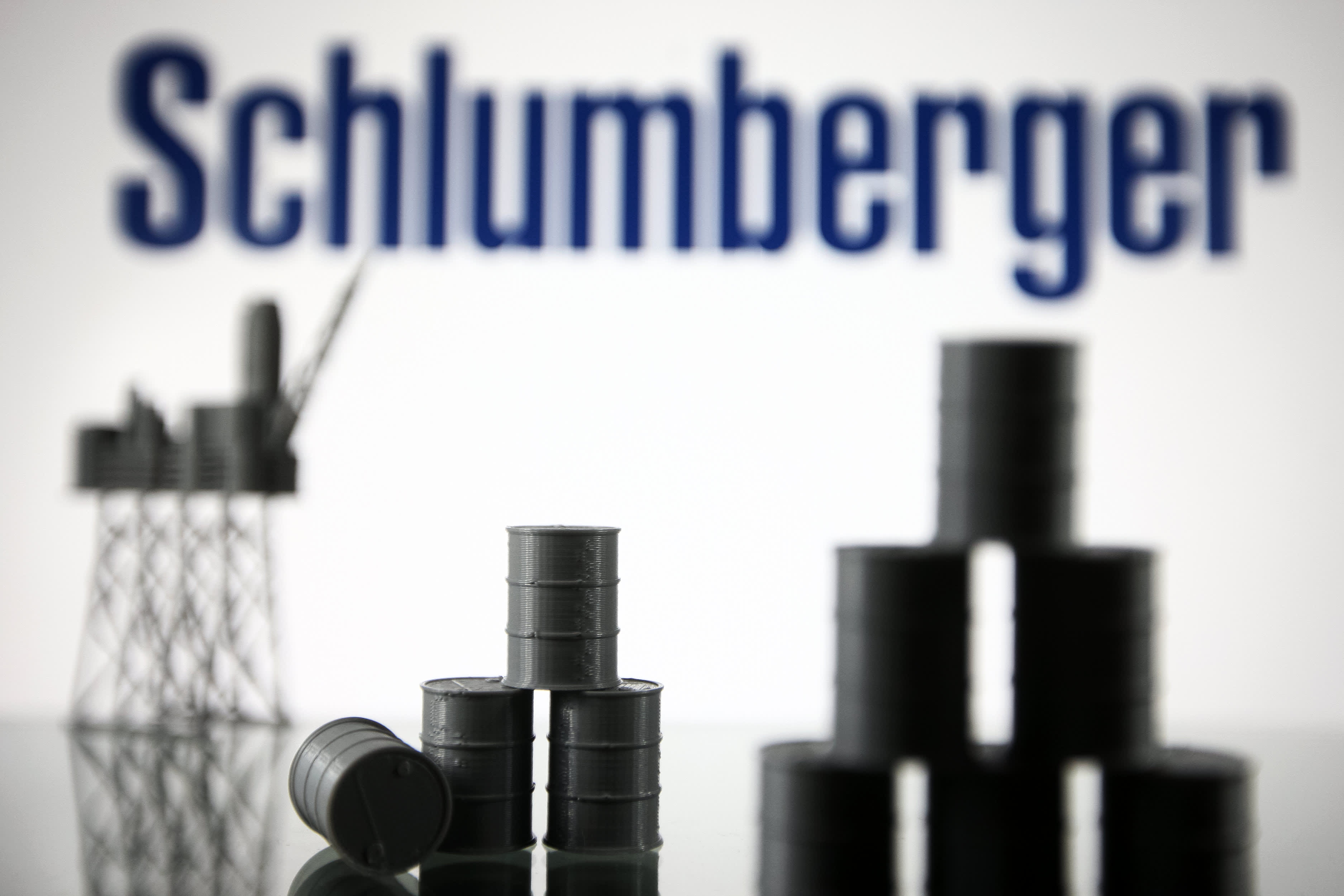
Melting Ice and the Ticking of Time: The Unexpected Impact of Climate Change on Earth’s Rotation
In recent years, climate change has been affecting the Earth’s rotation, which could potentially impact how time is kept. The melting of ice from Greenland and Antarctica is causing additional water to enter the world’s seas, leading to a redistribution of mass. This process is causing a slight slowdown in the Earth’s rotation, although the planet is still spinning faster than in the past.
Due to these changes, global timekeepers may need to subtract a second from our clocks later than originally anticipated. Coordinated Universal Time (UTC), which is used globally to regulate clocks and time, is calculated based on the Earth’s rotation. However, since the Earth’s rotation rate is not constant, it can impact the length of our days and nights. To account for these variations, approximately 27 seconds known as leap seconds have been added since the 1970s to maintain the accuracy of our time.
According to a recent study by Duncan Agnew, without the accelerating melt of polar ice, a “negative leap second” – subtracting a second from world clocks – would have been necessary in 2026. This study highlights the significant impact that human activities are having on our planet’s natural processes and serves as a warning of what we stand to lose if we do not take immediate action to address climate change.
The author expressed surprise at how measurable human impact has been on Earth’s rotation. He noted that these changes are unprecedented and represent one more evidence of climate change’s significant effects on our planet.
In conclusion, while we may take it for granted that our days pass smoothly from daylight hours into darkness each night or vice versa; this new research shows us that climate change could alter that pattern in unexpected ways.

